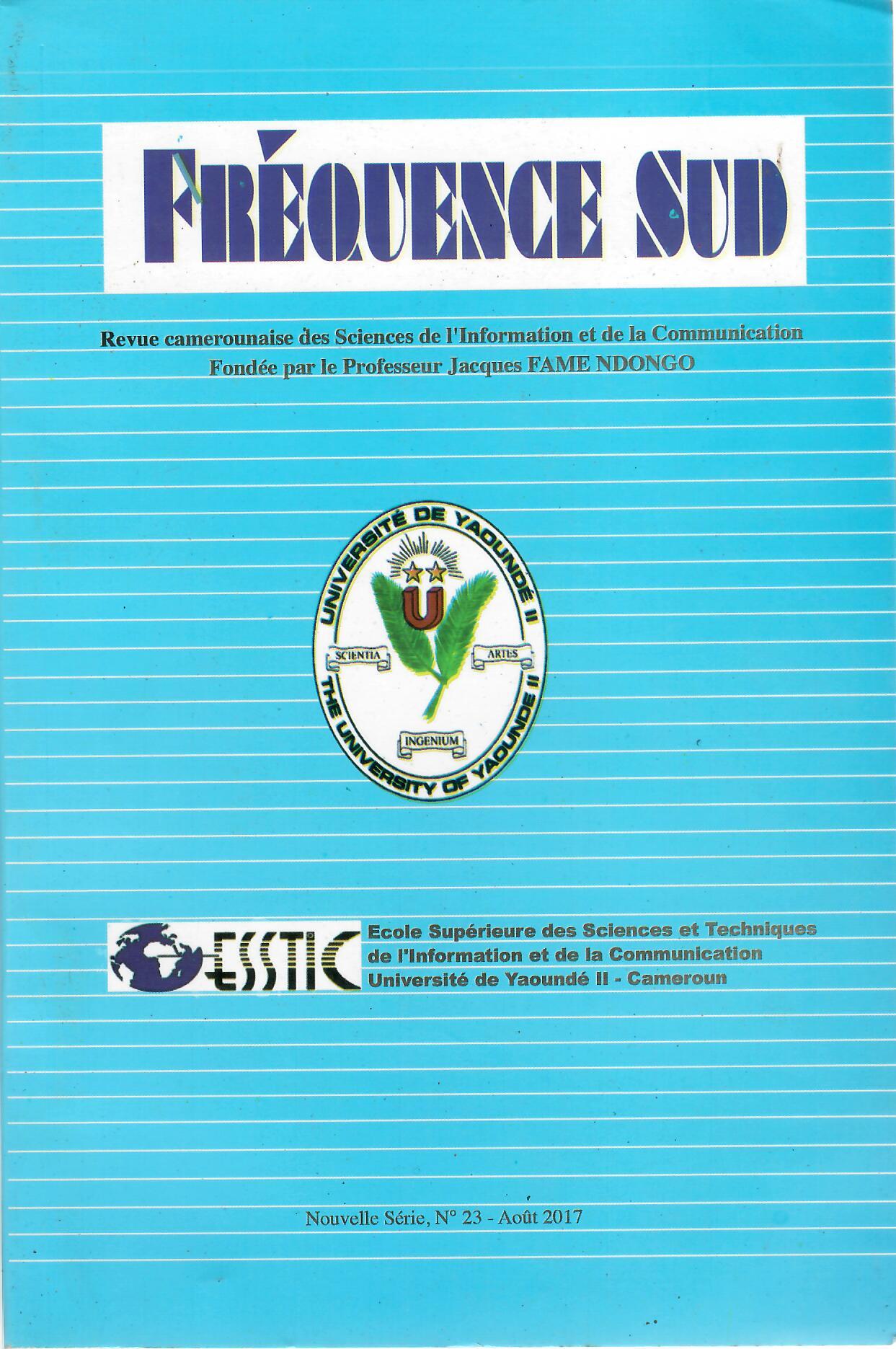UNDER-DISSEMINATION OF OFFICIAL STATISTICAL INFORMATION IN CAMEROON
Résumé
Abstract
Despite an unprecedented increase in official statistics operations conducted in Cameroon, the dissemination of the end-results has not increased to the same degree, thereby creating a situation of «under-dissemination» and «scarce statistics». The objective of this study was to identify and explain the reasons for this state of affair and its consequences on the Growth and Employment Strategy Paper (GESP). The methodological triangulation and descriptive statistics techniques were used for the collection and analysis of relevant data. Major findings show that administrative practices of information retention ; issues related to data quality ; and weak statistics capacity were the main reasons for under dissemination of official statistical information in Cameroon. Though a plurality of mediums was used, they were unequally treated and the traditional paper medium remains the most important. Also, the Internet was perceived as a useful tool, but unfortunately was not sufficiently exploited, creating a somewhat paradigmatic paralysis. This study reveals that under dissemination of official statistical information has far reaching consequences on the institutional implementation framework, monitoring and evaluation and the participative monitoring mechanisms of the GESP. On the bases of these findings a set of recommendations were formulated as contributions of this study to the amelioration of the present situation.
RESUME
Malgré une augmentation sans précédent des opérations statiques officielles menées au Cameroun, la diffusion des résultats finaux n’a pas augmenté au même degré, créant ainsi une situation de «sous-diffusion » et de « statistiques rares ». L’objectif de cette étude était d’examiner et d’expliquer les raisons de cette situation et ses conséquences sur le Document de Stratégie pour la Croissance et l’Emploi (DSCE). Les techniques de triangulation méthodologique et statistiques descriptives ont été utilisées pour la collecte et l’analyse des données pertinentes. Les principaux résultats montrent que la pratique administrative de la rétention de l’information ; les problèmes liés à la mauvaise qualité des données ; et les faibles capacités statistiques ont été les principales explications. Bien qu’une pluralité des medias ait été utilisée, ils n’ont pas été traités de la même manière et le traditionnel support papier reste le plus important. En outre, l’Internet était perçu comme un outil important, malheureusement il n’a pas été suffisamment exploité, créant ainsi une sorte de paralysie paradigmatique. Cette étude révèle que la sous-diffusion de l’information statistique officielle a des conséquences importantes sur le cadre de mise en œuvre institutionnelle, le suivi et l’évaluation et les mécanismes de suivi participatif de la DSCE. Sur la base de ces résultats, un ensemble de recommandations a été formulé comme contribution de cette étude à l’amélioration de la situation actuelle.


